The Hidden Costs: What's Not Covered by Your Nissan Warranty?
Buying a new or certified pre-owned Nissan is an exciting experience, offering the peace of mind that comes with a robust manufacturer's warranty. It's like having a safety net, promising to cover unexpected repairs and keep your ride smooth. But like many safety nets, there are limits to its reach. While your Nissan warranty is incredibly valuable, it doesn't cover absolutely everything. Understanding these limitations *before* an issue arises can save you significant stress and unexpected expenses down the road. Let's pull back the curtain and explore the 'hidden costs'—the common items and situations that your standard Nissan warranty typically won't cover, helping you navigate your ownership journey with greater clarity and confidence.Understanding Your Nissan Warranty Basics
Before we dive into what isn't covered, let's briefly touch upon what your standard Nissan warranty *does* cover. Generally, a new Nissan comes with a Basic Bumper-to-Bumper Limited Warranty, usually for 3 years or 36,000 miles (whichever comes first), and a Powertrain Limited Warranty, often for 5 years or 60,000 miles. The bumper-to-bumper covers most components, excluding certain wear items, against defects in materials or workmanship. The powertrain warranty specifically covers major components like the engine, transmission, and drivetrain. There's also usually a Corrosion Perforation Limited Warranty that addresses rust-through on body panels. These coverages are designed to protect you from manufacturing flaws, ensuring your vehicle performs as intended right off the lot.The Fine Print: What's Usually Excluded?
This is where many owners encounter surprises. While comprehensive, your Nissan warranty is not an all-encompassing shield. Understanding these common exclusions is key to avoiding an unwelcome bill at the service center. Here are the categories of items and situations you'll typically find outside your warranty's scope.Wear and Tear Items
Your warranty is designed to cover defects, not the natural deterioration that comes with driving. Items that are expected to wear out over time are almost always excluded. This includes crucial components like brake pads and rotors, clutch discs, wiper blades, tires (which often have a separate manufacturer's warranty), spark plugs, drive belts, and fuses. These parts are designed to be replaced periodically as they perform their function and degrade. Expect to budget for their replacement as part of your regular vehicle ownership costs, as your Nissan warranty won't step in here unless a manufacturing defect caused premature failure, which is a rare occurrence.Routine Maintenance and Adjustments
Think of your car's warranty as insurance against unexpected failures, not a prepaid maintenance plan. Services like oil changes, tire rotations, wheel alignments, balancing, fluid top-offs, filter replacements (air, oil, cabin), and general inspections are all your responsibility. These are essential for the longevity and performance of your Nissan, and adhering to the recommended maintenance schedule is actually a condition for your warranty to remain valid. Ignoring these crucial services could not only lead to costly repairs not covered by warranty but also potentially void your coverage for related components.Cosmetic Damage and Exterior Wear
Unless it's a direct result of a manufacturing defect, your Nissan warranty generally won't cover dings, dents, scratches, paint chips, or other superficial damage to your vehicle's exterior or interior. This extends to things like faded trim, minor rust (unless it's perforation covered by the corrosion warranty), and upholstery wear. These types of damages are typically considered normal wear and tear, or external damage, and fall outside the scope of defects in materials or workmanship. For these, you'd usually rely on your auto insurance (if it's accident-related) or out-of-pocket repairs.Accidental Damage, Misuse, and Neglect
This is a big one. If your Nissan is involved in a collision, driven off-road (unless it's an off-road specific model and within its design parameters), used for racing, or suffers damage due to negligence (e.g., ignoring warning lights, continuing to drive with a known severe issue, improper fuel), your warranty will not cover the resulting repairs. This also includes damage from tampering, alterations, or improper repairs performed by unauthorized service centers. Essentially, your warranty covers the car as it was designed and intended to be used, not against poor choices or unforeseen incidents.Environmental Damage
Nature can be harsh, and your Nissan warranty doesn't typically cover damage caused by environmental factors. This includes events like hail, floods, tree sap, bird droppings, acid rain, road salt, or other natural disasters. These are considered 'acts of God' or external factors beyond the manufacturer's control. For protection against such events, your comprehensive auto insurance policy is your go-to, not your Nissan's warranty.Aftermarket Modifications and Unauthorized Parts
While modifying your Nissan can be fun, be aware that installing non-Nissan approved parts or making significant alterations could potentially void your warranty for affected components. If a problem arises and it can be directly attributed to an aftermarket part or modification, Nissan may deny coverage for that repair. It's always best to consult with your dealership or refer to your warranty booklet before making any major modifications, especially those affecting performance, safety, or emissions systems.Lack of Maintenance Records or Evidence
This isn't an exclusion of a specific part, but rather a crucial condition for your warranty's validity. If you cannot provide evidence that you've followed Nissan's recommended maintenance schedule – whether through dealership service records or detailed receipts from an independent shop – Nissan may deny a warranty claim. They need to ensure that the failure wasn't caused by a lack of proper care. Keep all your service records meticulously organized; they are your proof of due diligence.Fluids, Coolants, and Lubricants (Unless Part of a Covered Repair)
While essential for your car's operation, the cost of fluids like engine oil, transmission fluid, brake fluid, power steering fluid, and coolant are generally not covered by your warranty as standalone items. They are considered maintenance items. However, if a covered warranty repair requires the replacement of fluids – for example, a new transmission under warranty will come with fresh fluid – then those fluids would be included as part of the covered repair. But simply topping off fluids or replacing them during routine service falls under your responsibility.Beyond the Basics: Extended Warranties and Service Contracts
Recognizing the gaps in standard factory warranties, many owners consider purchasing an extended warranty or a vehicle service contract. These can offer additional coverage for a longer duration or higher mileage, often covering many of the components that might fail after your factory warranty expires. However, it's crucial to read these contracts just as carefully as your original warranty. They also have their own exclusions, deductibles, and limitations, and some may still not cover all the 'wear and tear' items or routine maintenance. Research thoroughly and understand what you're truly buying into before committing.Proactive Steps for Nissan Owners
Understanding what your Nissan warranty doesn't cover empowers you to be a more informed and prepared owner. Here are some proactive steps to minimize unexpected costs:- Read Your Warranty Booklet: Don't just skim it; read it thoroughly. This is your definitive guide to what is and isn't covered.
- Follow the Maintenance Schedule: Adhere strictly to Nissan's recommended service intervals. This prevents issues and keeps your warranty valid.
- Keep Detailed Records: Maintain a meticulous file of all service and repair receipts, regardless of where the work was done.
- Inspect Your Vehicle Regularly: Be proactive in checking tires, fluids, and warning lights. Catching small issues early can prevent larger, non-warranty-covered problems.
- Consider Extended Protection Wisely: If you're looking at an extended warranty, compare different providers, read the fine print, and understand its true value and limitations relative to your driving habits.
Conclusion
Your Nissan warranty is an invaluable asset, providing peace of mind against manufacturing defects. However, it's not a blanket solution for every automotive woe. By understanding the common exclusions – from routine maintenance and wear-and-tear items to accidental and environmental damage – you can better prepare for the true costs of vehicle ownership. Being informed, staying diligent with maintenance, and keeping thorough records are your best defenses against unexpected expenses. Drive confidently, knowing exactly what your Nissan warranty covers, and more importantly, what it doesn't.

